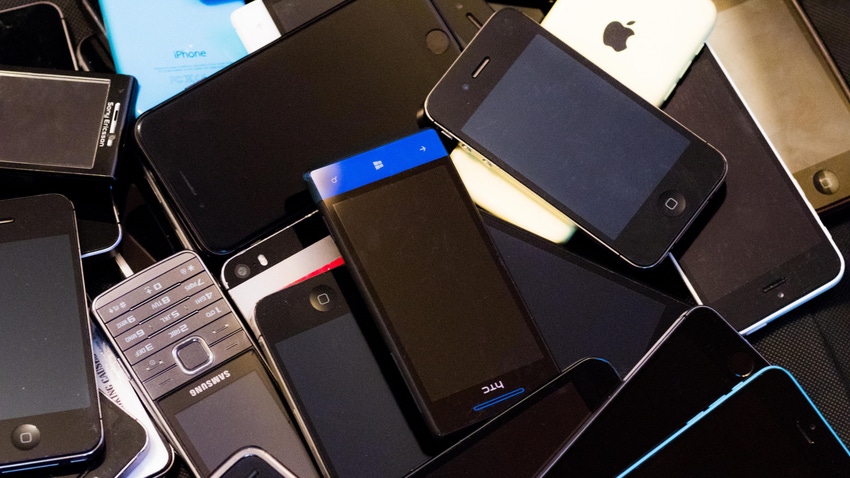Orange offers greener mobile solutions to French businesses
Orange Business targets French companies seeking to lower their carbon footprint with the Circular Mobility offer, which includes less emission-intensive devices, smartphone leasing and collection for refurbishing or recycling.

Orange Business has today announced the launch of its Circular Mobility offer in France, pledging to reduce companies' carbon footprint. This comes amid growing demand for refurbished and second-hand devices in the consumer segment.
Orange's offer includes both connectivity and equipment, as well as services such as carbon footprint assessment. On the devices side, Orange says "a selection of sustainable mobile phones" will be available, which includes refurbished and new terminals with less than 50 kg of CO2 equivalent per device emitted during manufacturing.
This should leave customers with a decent amount of choice of new devices among the most popular brands – Orange says 30 models from brands including Apple, Crosscall and Samsung are included. In a more detailed study of the offer's climate impact, Orange states that the CO2 emissions assessment relies on manufacturers' data.
Many premium models appear to go over the 50 kg limit based on that metric. For example, only iPhone 15 and iPhone 15 Pro models with lower storage capacity could be included, based on data released by Apple, with no iPhone 15 Pro models eligible. Samsung's Galaxy S24+ would pass, unlike the S24 Ultra.
It is, however, worth noting that data reported by companies have been called inaccurate and said to be based on outdated reference figures, with French daily Le Monde previously arguing differing methodologies make it difficult to compare figures.
Under the leasing option, companies could lease devices for a period of 24 or 36 months, with Orange collecting terminals for reconditioning and/or recycling at the end of their usage period. Meanwhile, a flexible data package adapts to a business's consumption, which Orange says helps further reduce emissions by lowering demand on the network.
The operator claims the product will help reduce the carbon footprint of mobile phones between 26% and 40%. This is compared to a scenario where a mixture of new and leased refurbished terminals are used for a period of two years, without being collected afterwards. It assumes an average data consumption of 8GB a month in the reference scenario, which translates to annual emissions of 19.43 kg CO2 equivalent per terminal.
A device's lifespan has a large impact on its carbon footprint: If it is used for another year, Orange estimates the overall footprint falls by 19% to 15.83 kg.
Going full circle
Also part of the offering is a carbon assessment tool provided by third-party certification auditing company AFNOR. Its head of ecological transition division, Béatrice Poitier, specified in remarks released by Orange that "Circular Mobility aligns with the ecological transition of organizations, necessitating robust guarantees by validating the calculation method, supporting databases, and the output data format. This validation is based on reference standards and other key texts related to life cycle analysis, carbon footprint calculation, communication, etc."
The Circular Mobility offer is part of Orange's Re initiative in France, where the operator buys back customers' smartphones, smartwatches and tablets. Devices are sold on to third-party companies that refurbish and resell them where possible, or in a minority of cases, sent for recycling.
Perhaps the most obvious benefit is the carbon footprint reduction. User devices are broadly agreed to be the biggest source of emissions in the telecommunications sector – data from French regulator ARCEP shows 79% of digital carbon emissions in the country come from user terminals, such as mobile phones, TVs, etc.
Apart from boosting companies' green credentials, Orange promises that the leasing and recovery option spreads out investment over a longer period, while giving customers access to the latest and most power-efficient devices.
This offer to business customers comes at a time when consumer interest in second-hand and refurbished devices is growing, fueled by the cost-of-living crisis and growing awareness. While there are a plethora of climate issues yet to be successfully tackled by the ICT industry, getting more business consumers to reduce their impact through mobile purchasing options would be a small win for circular economy – an area where all small wins count.
Read more about:
EuropeAbout the Author(s)
You May Also Like












